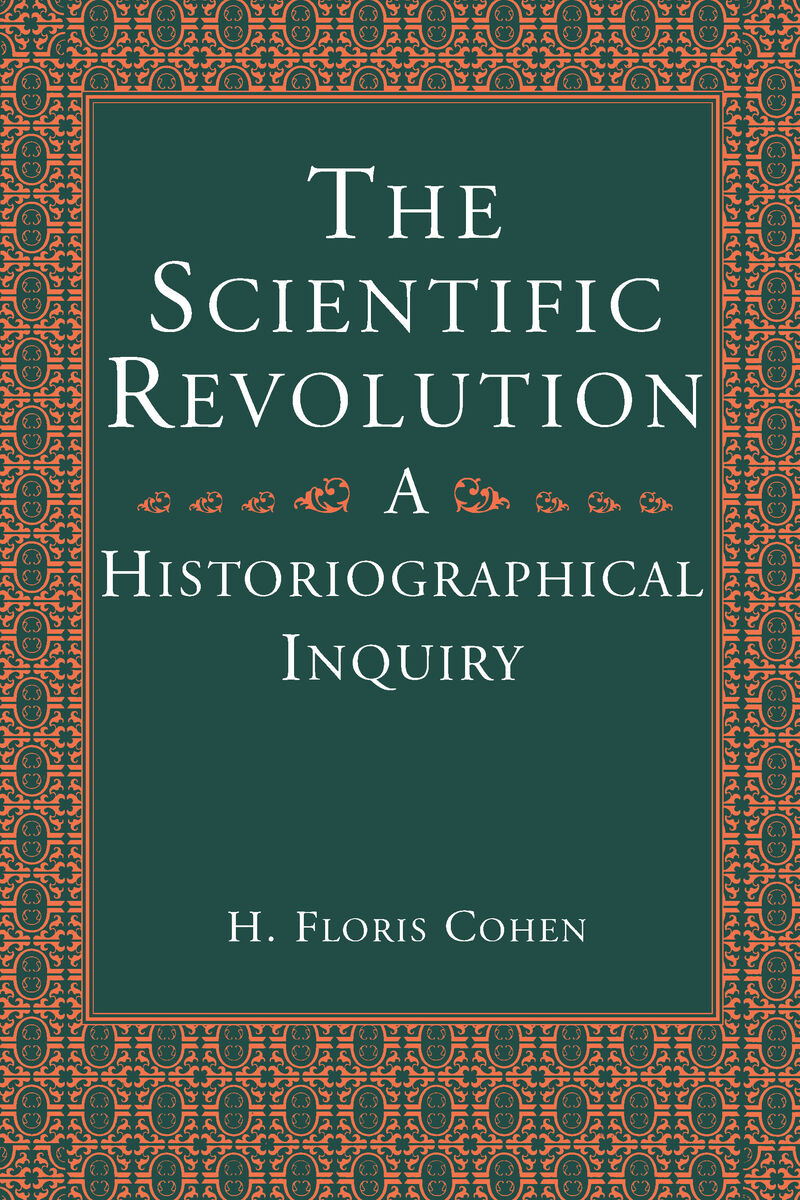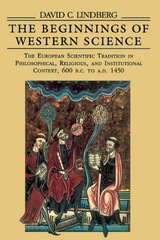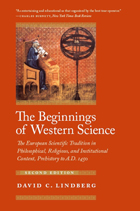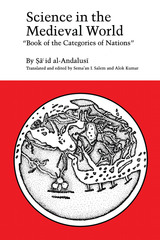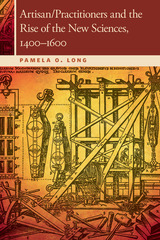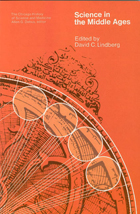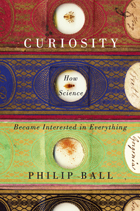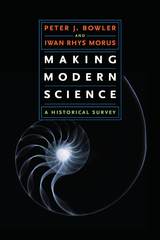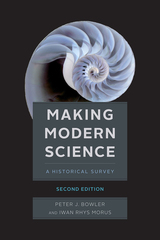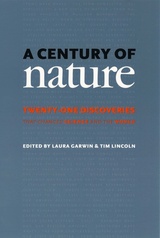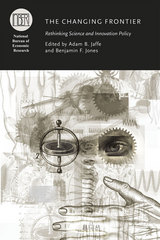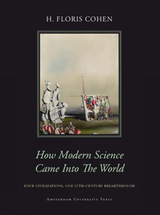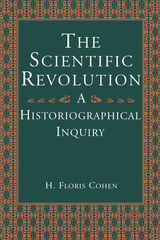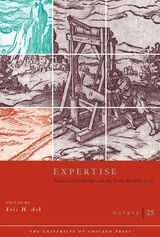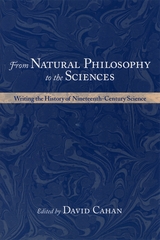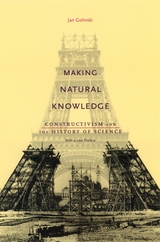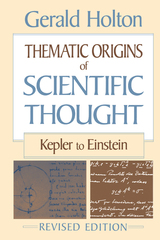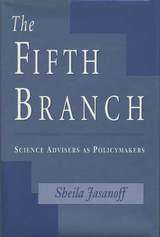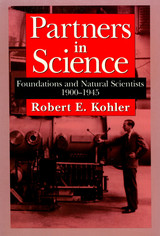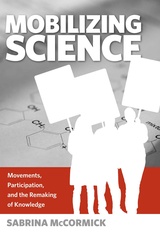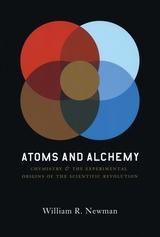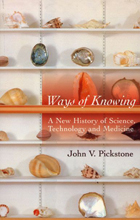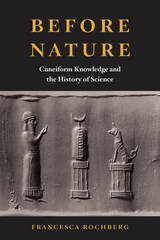The Scientific Revolution: A Historiographical Inquiry
University of Chicago Press, 1994
Cloth: 978-0-226-11279-4 | Paper: 978-0-226-11280-0
Library of Congress Classification Q125.C538 1994
Dewey Decimal Classification 509.409032
Cloth: 978-0-226-11279-4 | Paper: 978-0-226-11280-0
Library of Congress Classification Q125.C538 1994
Dewey Decimal Classification 509.409032
ABOUT THIS BOOK | TOC | REQUEST ACCESSIBLE FILE
ABOUT THIS BOOK
In this first book-length historiographical study of the Scientific Revolution, H. Floris Cohen examines the body of work on the intellectual, social, and cultural origins of early modern science. Cohen critically surveys a wide range of scholarship since the nineteenth century, offering new perspectives on how the Scientific Revolution changed forever the way we understand the natural world and our place in it.
Cohen's discussions range from scholarly interpretations of Galileo, Kepler, and Newton, to the question of why the Scientific Revolution took place in seventeenth-century Western Europe, rather than in ancient Greece, China, or the Islamic world. Cohen contends that the emergence of early modern science was essential to the rise of the modern world, in the way it fostered advances in technology.
A valuable entrée to the literature on the Scientific Revolution, this book assesses both a controversial body of scholarship, and contributes to understanding how modern science came into the world.
Cohen's discussions range from scholarly interpretations of Galileo, Kepler, and Newton, to the question of why the Scientific Revolution took place in seventeenth-century Western Europe, rather than in ancient Greece, China, or the Islamic world. Cohen contends that the emergence of early modern science was essential to the rise of the modern world, in the way it fostered advances in technology.
A valuable entrée to the literature on the Scientific Revolution, this book assesses both a controversial body of scholarship, and contributes to understanding how modern science came into the world.
See other books on: Europe | Historiography | History | Science | Scientific Revolution
See other titles from University of Chicago Press
